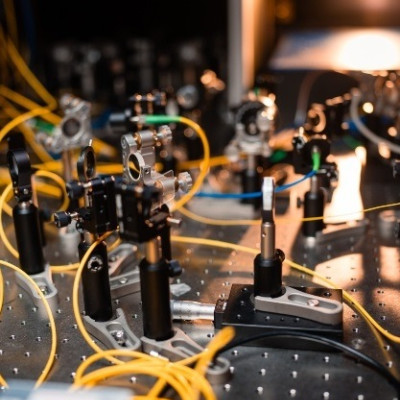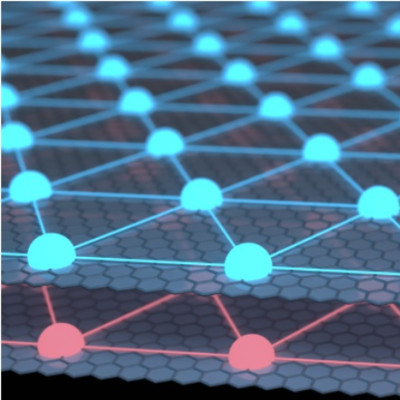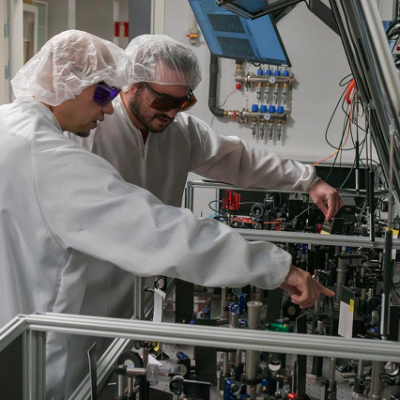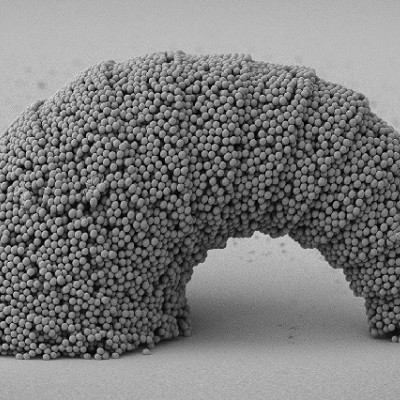Now, in recognition of his contributions to the field, the University of Alberta physicist is being honoured with one of the world’s premier nanotechnology awards—AVS Nanoscale Science and Technology Division Nanotechnology Recognition Award. Quantum nanoscience and technology are becoming vital components in diversifying Alberta's economy. Wolkow is making great strides in these areas to accelerate our nanotechnology advantage.
“This award is an acknowledgement of my work in atomic-scale studies of silicon, the tools we developed over the years to enable that, and especially for applying those to start a whole new area of electronics technology that is super-green yet more powerful,” said Wolkow, a professor in the Department of Physics.
Wolkow is also a former Principal Research Officer at the National Research Council of Canada's Nanotechnology Research Centre (NRC), and chief technical officer of Quantum Silicon Inc. (QSi), a UAlberta spinoff company taking the technology to market. He continues to collaborate with the NRC on projects. Wolkow’s breakthroughs in the field of nanotechnology and atomic-scale manufacturing have changed the face of atomic-scale fabrication. Some highlights include a molecular eraser that offers better data storage for ultra-efficient computers, an atomic electronic simulator, the first atomic silicon binary logic, and the most dense, solid-state memory in history, all building on his expertise in atomic-scale manufacturing.
“This award recognizes the world-wide influence of our research and the significant potential for applications,” said Wolkow. “It is an honour shared by the world's pre-eminent nanoscience researchers and I feel privileged to be among them.”
The world of nanotechnology involves the design, engineering, and construction of materials, devices, chemicals, and structures smaller than the eye can see. These technologies have applications in areas such as sustainable energy and electronic components, fuel and solar cells, and next-generation quantum computers.
Read the original article on University of Alberta.







